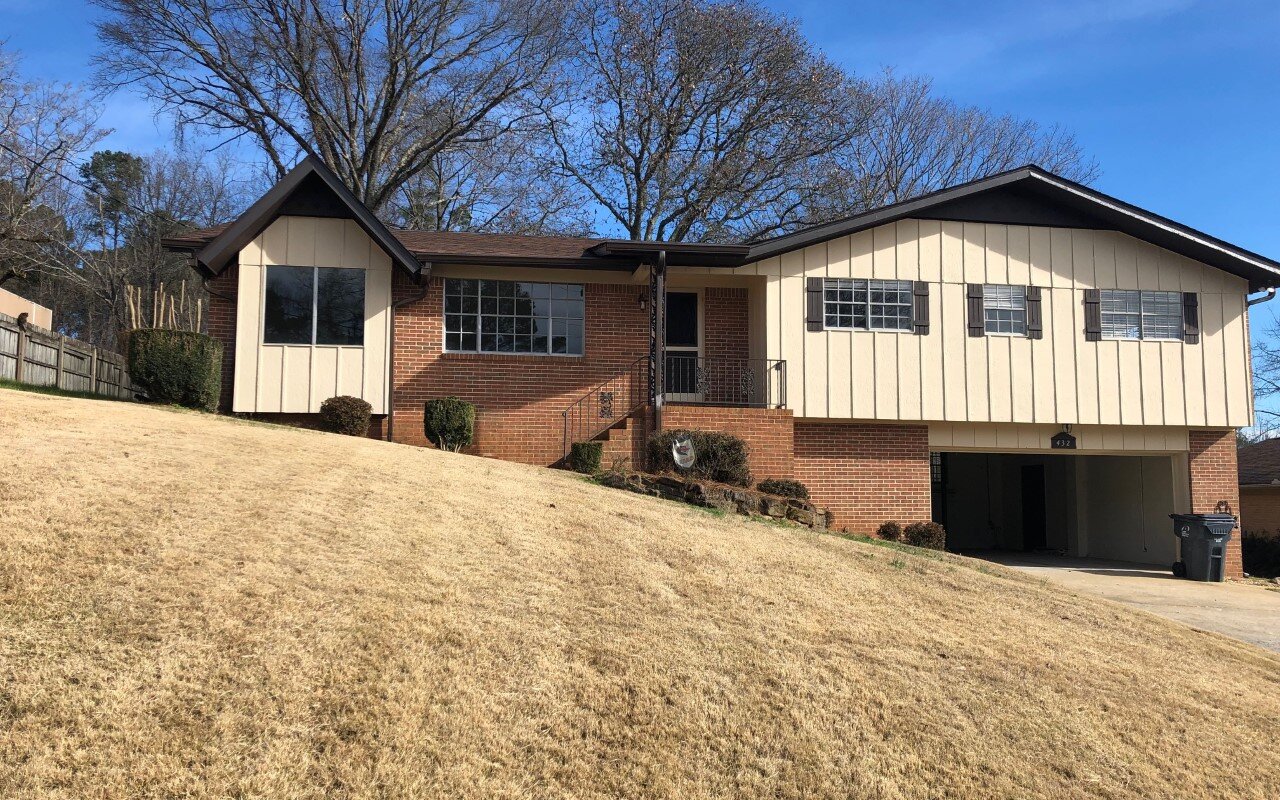The foreclosure process typically follows several key stages, which can vary depending on the state.
In the U.S., there are two primary methods of foreclosure: judicial sale and power of sale. Each state uses one or the other, or a combination of both, to manage foreclosures.
If you’re in Birmingham, Alabama, we’re here to help. Reach out to us at (205) 844-3474 or through our contact page , and we can walk you through the specific foreclosure process in your area.
Generally, foreclosure proceedings don’t begin until a borrower has missed 3-6 months of payments. During this time, lenders usually send multiple notices informing you that your account is overdue and outlining the steps you need to take to avoid further action. However, every situation is unique, so understanding the local process is crucial.
Under Judicial Foreclosure:
Here’s how the foreclosure process typically works in non-judicial cases:
- The mortgage lender issues a notice demanding payment. In these cases, court involvement is not required, though the process may still be subject to judicial review.
- After the designated waiting period passes, a deed of trust is prepared, transferring control of the property to a trustee.
- The trustee is then authorized to sell the property at a public auction, with proper notice given beforehand.
It’s important to note that anyone with a financial interest in the property, such as contractors or banks holding liens, must be notified during the foreclosure process. These parties are entitled to claim their share from the proceeds of the auction.
Understanding these steps can help you prepare for and navigate the foreclosure process effectively.
What Happens After A Foreclosure Auction?
After a foreclosure is finalized, the proceeds from the property sale are used to pay off the outstanding loan balance.
However, if the sale price isn’t enough to cover the full loan amount, the lender may seek a deficiency judgment against the borrower. A deficiency judgment is a legal ruling that holds the borrower responsible for the remaining balance after the foreclosure sale.
The rules for deficiency judgment vary by state. In some states, the judgment amount is limited to the property’s fair market value at the time of sale. In others, the borrower may be held liable for the full remaining loan balance.
Here’s a great resource that lists the state by state deficiency judgment laws, since every state is different.
To avoid a foreclosure auction and the potential for a deficiency judgment, it’s often better to negotiate directly with the lender. A reputable real estate company like Merry Homes can assist in these situations by negotiating with the bank to reduce the amount owed or to settle the debt altogether, even if the property is worth less than the loan balance.
If you need to sell your property quickly in Birmingham, we’re here to help. At Merry Homes , we specialize in buying homes in Birmingham, Alabama, from homeowners who need to sell fast. Contact us today to explore your options!
We buy houses in Birmingham Alabama like yours from people who need to sell fast.
Give us a call anytime (205) 844-3474 or
fill out the form on this website today! >>
Another Foreclosure Resource For Birmingham Alabama HomeOwners:

